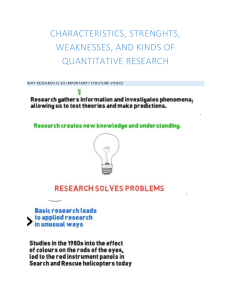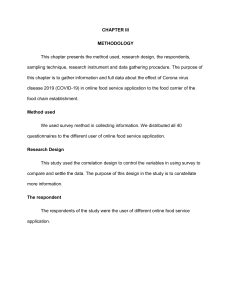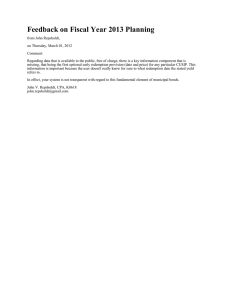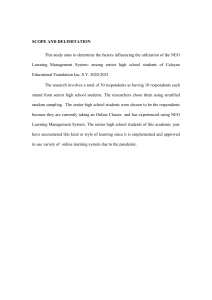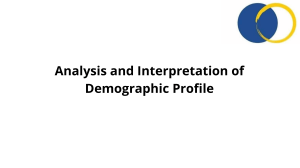51. BPI Family Savings Bank, Inc. v. Spouses Veloso, 479 Phil. 627, 635 (August 9, 2004)
advertisement
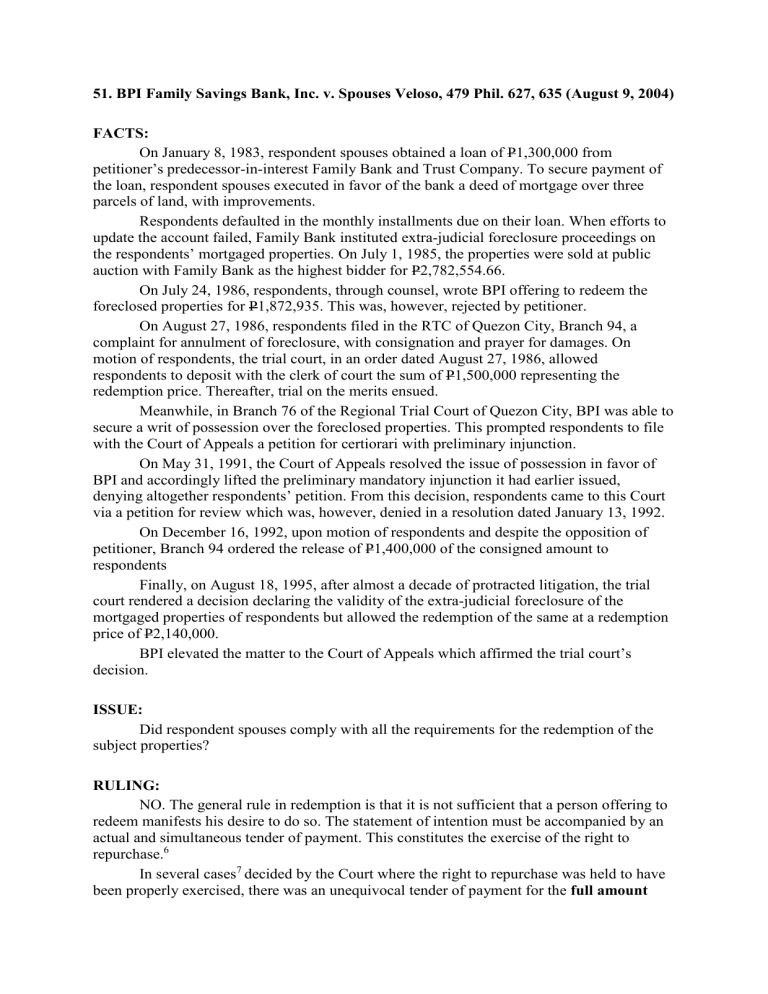
51. BPI Family Savings Bank, Inc. v. Spouses Veloso, 479 Phil. 627, 635 (August 9, 2004) FACTS: On January 8, 1983, respondent spouses obtained a loan of P1,300,000 from petitioner’s predecessor-in-interest Family Bank and Trust Company. To secure payment of the loan, respondent spouses executed in favor of the bank a deed of mortgage over three parcels of land, with improvements. Respondents defaulted in the monthly installments due on their loan. When efforts to update the account failed, Family Bank instituted extra-judicial foreclosure proceedings on the respondents’ mortgaged properties. On July 1, 1985, the properties were sold at public auction with Family Bank as the highest bidder for P2,782,554.66. On July 24, 1986, respondents, through counsel, wrote BPI offering to redeem the foreclosed properties for P1,872,935. This was, however, rejected by petitioner. On August 27, 1986, respondents filed in the RTC of Quezon City, Branch 94, a complaint for annulment of foreclosure, with consignation and prayer for damages. On motion of respondents, the trial court, in an order dated August 27, 1986, allowed respondents to deposit with the clerk of court the sum of P1,500,000 representing the redemption price. Thereafter, trial on the merits ensued. Meanwhile, in Branch 76 of the Regional Trial Court of Quezon City, BPI was able to secure a writ of possession over the foreclosed properties. This prompted respondents to file with the Court of Appeals a petition for certiorari with preliminary injunction. On May 31, 1991, the Court of Appeals resolved the issue of possession in favor of BPI and accordingly lifted the preliminary mandatory injunction it had earlier issued, denying altogether respondents’ petition. From this decision, respondents came to this Court via a petition for review which was, however, denied in a resolution dated January 13, 1992. On December 16, 1992, upon motion of respondents and despite the opposition of petitioner, Branch 94 ordered the release of P1,400,000 of the consigned amount to respondents Finally, on August 18, 1995, after almost a decade of protracted litigation, the trial court rendered a decision declaring the validity of the extra-judicial foreclosure of the mortgaged properties of respondents but allowed the redemption of the same at a redemption price of P2,140,000. BPI elevated the matter to the Court of Appeals which affirmed the trial court’s decision. ISSUE: Did respondent spouses comply with all the requirements for the redemption of the subject properties? RULING: NO. The general rule in redemption is that it is not sufficient that a person offering to redeem manifests his desire to do so. The statement of intention must be accompanied by an actual and simultaneous tender of payment. This constitutes the exercise of the right to repurchase.6 In several cases7 decided by the Court where the right to repurchase was held to have been properly exercised, there was an unequivocal tender of payment for the full amount of the repurchase price. Otherwise, the offer to redeem is ineffectual.8 Bona fide redemption necessarily implies a reasonable and valid tender of the entire repurchase price, otherwise the rule on the redemption period fixed by law can easily be circumvented. Consequently, in this case, the offer by respondents on July 24, 1986 to redeem the foreclosed properties for P1,872,935 and the subsequent consignation in court of P1,500,000 on August 27, 1986, while made within the period10 of redemption, was ineffective since the amount offered and actually consigned not only did not include the interest but was in fact also way below the P2,782,554.66 paid by the highest bidder/purchaser of the properties during the auction sale. In Bodiongan vs. Court of Appeals,11 we held: In order to effect a redemption, the judgment debtor must pay the purchaser the redemption price composed of the following: (1) the price which the purchaser paid for the property; (2) interest of 1% per month on the purchase price; (3) the amount of any assessments or taxes which the purchaser may have paid on the property after the purchase; and (4) interest of 1% per month on such assessments and taxes x x x. Furthermore, Article 1616 of the Civil Code of the Philippines provides: The vendor cannot avail himself of the right to repurchase without returning to the vendee the price of the sale x x x. It is not difficult to understand why the redemption price should either be fully offered in legal tender or else validly consigned in court. Only by such means can the auction winner be assured that the offer to redeem is being made in good faith.
